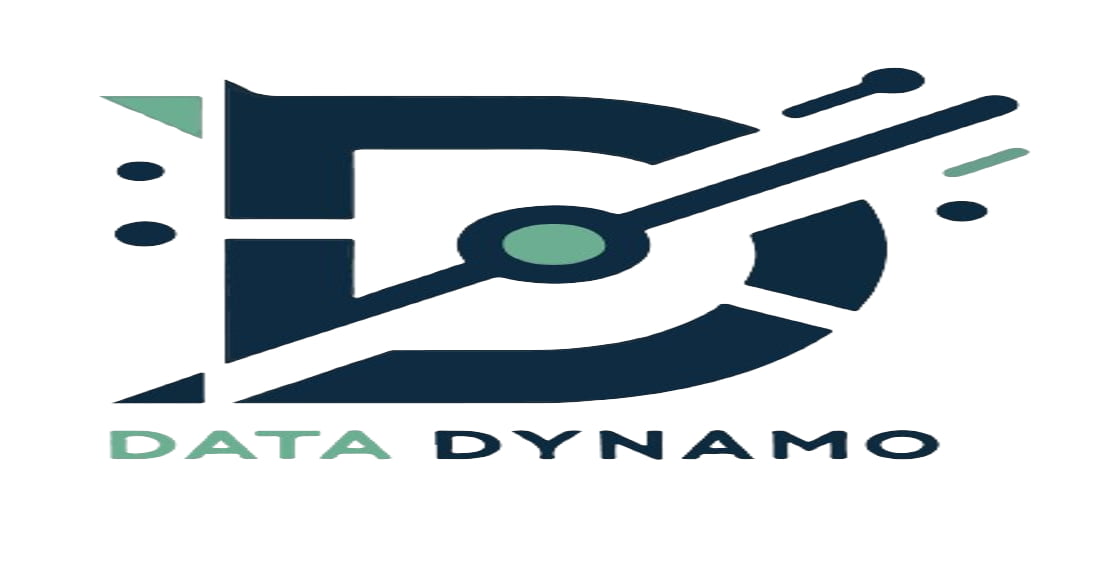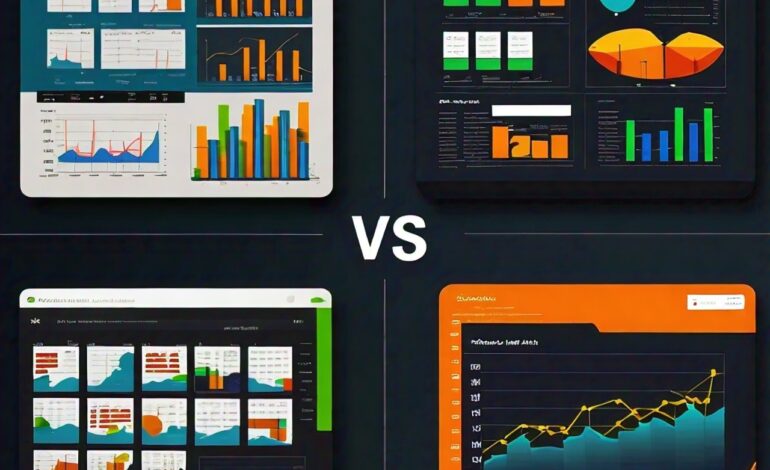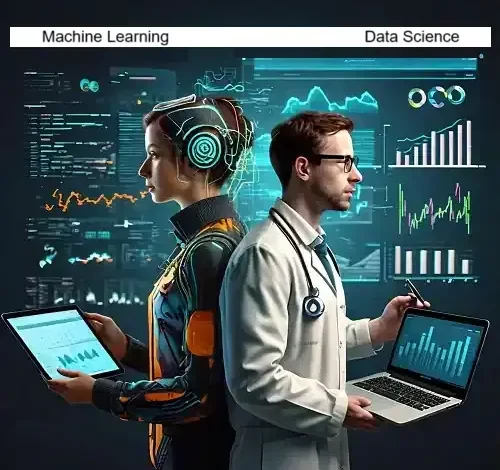
Data Science vs Machine Learning 2024
Table of Contents
Overview Data Science vs Machine Learning
If you’ve been following the tech scene, you’ve probably heard the phrases “machine learning” and “data science” or (Data Science vs Machine Learning) more times than you can remember. Even while they often come up in the same discussions and may seem to be identical, they are essentially separate disciplines with unique characteristics. But why is everyone so confused? The overlap between the two holds the key to the solution. Let’s examine the distinctions, see the similarities, and discover how these two influential fields are influencing the future.
Read full Data Science vs Machine Learning
Data science: what is it?
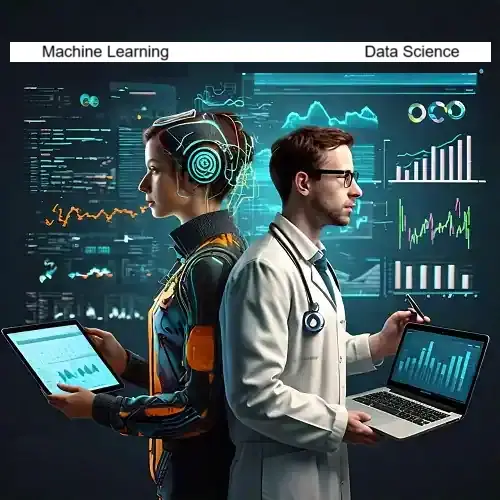
Definition and Scope of Data Science
The topic of data science is broad and includes everything from data cleansing and collecting to analysis and visualization. The goal is to use data to get useful insights that inform decisions.
Data Science’s Range

Application of Data Science to Solve Real-World Problems
Fundamentally, data science is the use of data to solve practical issues. Data science offers the methods and resources to make wise judgments, whether they are related to forecasting consumer behavior, streamlining supply chains, or identifying untapped market niches.
The acquisition of unprocessed data from many sources, such as databases, web scraping, or APIs, is a crucial aspect of data science data collection.
Examples: Predicting Consumer Behavior, Streamlining Supply Chains
Data cleaning and preparation: Taking care of missing numbers, outliers, and inconsistencies to get jumbled data into a format that can be used.
Identifying and Exploiting Market Niches with Data Science
Data analysis is the process of interpreting data and identifying trends by using statistical techniques. Data visualization is the process of presenting data in a way that is simpler to comprehend by using visual aids like charts, graphs, and dashboards
Read full Data Science vs Machine Learning
Instruments and Methods Applied to Data Science

Tools and Technologies Used in Data Science
A vast array of tools and technologies are used by data scientists, including as statistical analysis software like SAS, data visualization tools like Tableau, and programming languages like Python and R. The particular issue at hand often influences the tool selection.
Read full Data Science vs Machine Learning
Machine learning: what is it?
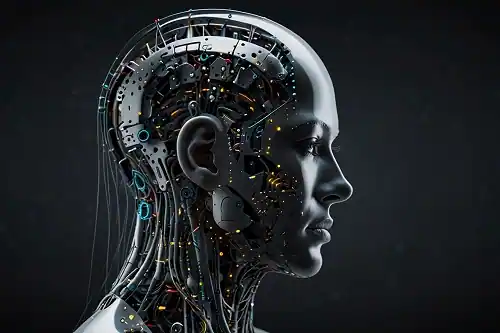
Definition and Scope of Machine Learning
A branch of artificial intelligence known as machine learning (ML) focuses on creating systems that can learn from data and gradually become better at what they do without needing to be explicitly programmed.
The Machine Learning Idea
Developing Algorithms for Pattern Recognition
In its most basic form, machine learning is the process of developing algorithms that can automatically find patterns in data, absorb information from them, and forecast or decide on the basis of fresh data.
Read full Data Science vs Machine Learning
Machine Learning Types

Supervised Learning: Training with Labeled Data
1.Supervised Learning: Labeled data is used to train the algorithm, ensuring that the input produces the desired result.
Unsupervised Learning: Finding Patterns in Unlabeled Data
2.Unsupervised Learning: The system must identify underlying patterns or inherent structures in the input data after being fed unlabeled data.
Reinforcement Learning: Learning through Environmental Interactions
3.Reinforcement Learning: The system picks up new skills via interacting with its surroundings, where it is rewarded for good deeds and punished for negative ones.
Read full Data Science vs Machine Learning
Frequently Used Algorithms in Machine Learning
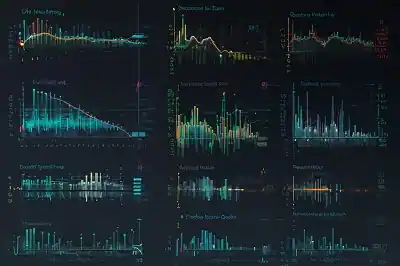
Overview of Common Machine Learning Algorithms
Neural networks, support vector machines, decision trees, and linear regression are a few of the most used methods. Every one of these algorithms has advantages over the others and works best with certain kinds of issues.
Machine Learning Frameworks and Tools
Building Complex Models with Machine Learning Tools
Among the well-liked machine learning tools are Scikit-learn, PyTorch, and TensorFlow. These frameworks provide data scientists and engineers a starting point for creating machine learning models, making it simple to construct sophisticated models.
Read full Data Science vs Machine Learning
The Intersection of Machine Learning and Data Science

Understanding How Machine Learning is a Tool within Data Science
It’s understandable why data science and machine learning are sometimes confused. In essence, machine learning is a tool in the toolbox of a data scientist.
Data science includes machine learning as a subset.
While Data Science encompasses many different tasks, such as gathering and analyzing data, Machine Learning focuses mostly on building models that can forecast results or classify data according to its input attributes.
Read full Data Science vs Machine Learning
Data’s Function in Machine Learning

Importance of High-Quality Data for Machine Learning Models
Data is essential for machine learning. Big, high-quality datasets are necessary for ML models to train efficiently. Here is where a data scientist’s data wrangling abilities come into play; they make sure the data supplied into machine learning algorithms is accurate and pertinent.
Read full Data Science vs Machine Learning
Applications of Data Science and Machine Learning in the Real World
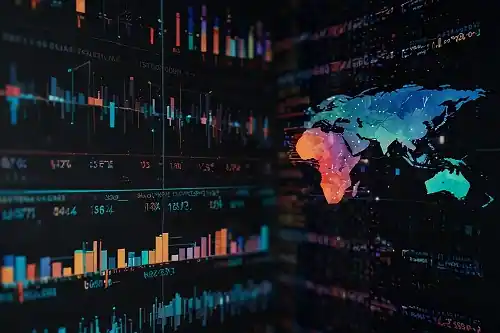
Think of a Netflix recommendation engine on an online streaming service. While machine learning models utilize this data to suggest new content, data scientists examine user behavior to identify watching trends. This is an excellent illustration of how these two disciplines intersect.
Real-World Overlaps Between Data Science and Machine Learning
Important Variations In between machine learning and data science
Differences in Focus and Objectives
While there are some similarities between data science and machine learning, there are also some important distinctions.
Read full Data Science vs Machine Learning
Applications of Machine Learning

Industry-Specific Applications of Machine Learning
Because machine learning can anticipate outcomes and automate procedures, it has completely changed a number of sectors.
Read full Data Science vs Machine Learning
Languages for Programming (R, Python)
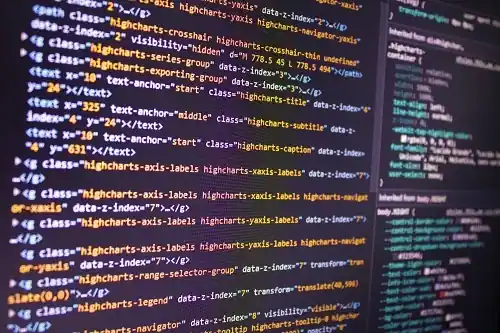
Because of its ease of use and the availability of libraries like Pandas and NumPy, Python is the most widely used language in the data science field.
Learn more at DataDynamo
FAQs
What distinguishes data science from machine learning?
The goal of the artificial intelligence field of machine learning is to develop systems that can learn from data and become better without the need for explicit programming. In order to get insights and guide choices, data science is a larger area that includes data gathering, cleansing, analysis, and visualization. Machine learning is one tool in the data scientist’s toolbox, even though they overlap.
Which machine learning algorithms are popular?
Neural networks, support vector machines, decision trees, and linear regression are examples of common machine learning methods. Every method has a specific application, ranging from regression to classification.
How does data fit into the machine learning process?
Because data is needed to train models, it is essential to machine learning. Reliable, well-prepared data are essential for building precise models. In order to make sure that the data utilized in machine learning is accurate, pertinent, and organized correctly, data scientists are essential.
